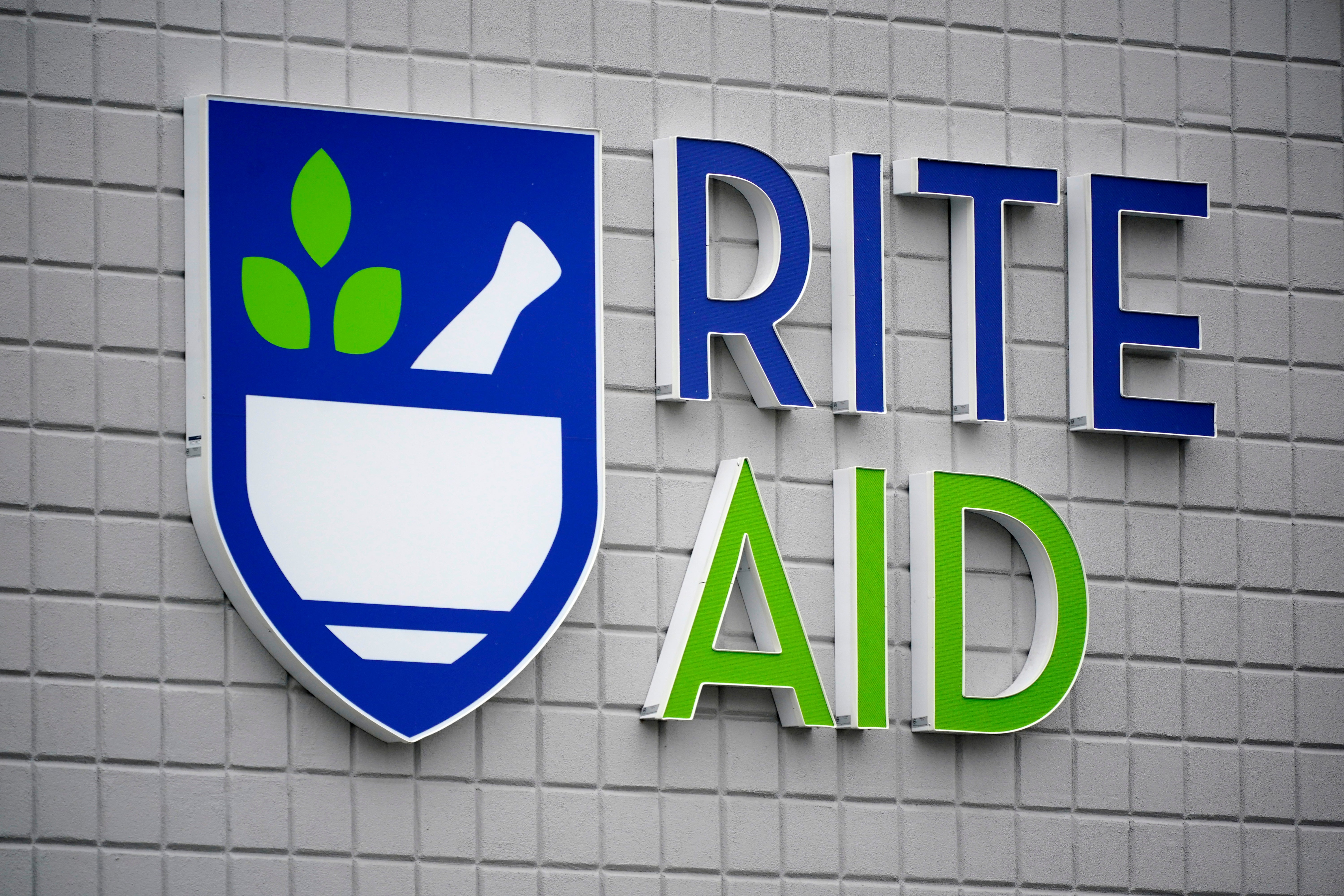Rite Aid banned from using facial recognition technology in stores for five years
Rite Aid has been banned from using facial recognition technology for five years over allegations that a surveillance system it used incorrectly identified potential shoplifters, especially Black, Latino, Asian or female shoppers

Rite Aid has been banned from using facial recognition technology for five years over allegations that its surveillance system was used incorrectly to identify potential shoplifters, especially Black, Latino, Asian or female shoppers.
The settlement with the Federal Trade Commission addresses charges that the struggling drugstore chain didn’t do enough to prevent harm to its customers and implement “reasonable procedures,” the government agency said.
Rite Aid said late Tuesday that it disagrees with the allegations, but that it's glad it reached an agreement to resolve the issue.
The FTC said in a federal court complaint that Rite Aid used facial recognition technology in hundreds of stores from October 2012 to July 2020 to identify shoppers “it had previously deemed likely to engage in shoplifting or other criminal behavior.”
The technology sent alerts to Rite Aid employees either by email or phone when it identified people entering the store on its watchlist.
The FTC said in its complaint that store employees would then put those people under increased surveillance, ban them from making purchases or accuse them in front of friends, family and other customers of previously committing crimes.
The federal complaint also said there were “numerous instances” where the technology incorrectly identified someone who entered the store, and Rite Aid failed to test its accuracy before using it.
It also said the company “failed to take reasonable steps to train and oversee the employees charged with operating the technology in Rite Aid stores.”
Rite Aid says the allegations center on a pilot program it used in a limited number of stores, and it stopped using this technology more than three years ago.
“We respect the FTC’s inquiry and are aligned with the agency’s mission to protect consumer privacy, the company said in a statement posted on its website. “However, we fundamentally disagree with the facial recognition allegations in the agency’s complaint.”
Rite Aid also noted in a prepared statement that any agreement will have to be approved in U.S. Bankruptcy Court.
Rite Aid announced last fall that it was closing more than 150 stores as it makes its way through a voluntary Chapter 11 bankruptcy process.
Rite Aid Corp., based in Philadelphia, has more than 2,000 locations. The company has struggled financially for years and also faces financial risk from lawsuits over opioid prescriptions like its bigger rivals, CVS and Walgreens.
Bookmark popover
Removed from bookmarks